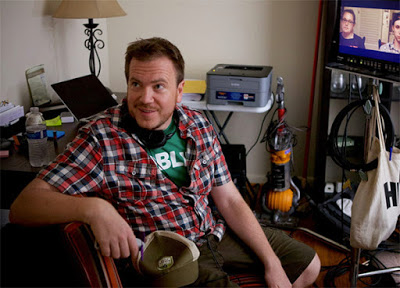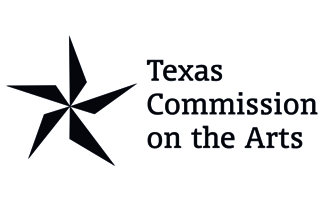SLASH Filmmaker Clay Liford To Upset Superhero Movie Fans: Drop Dead

The above headline, a riff on the famous New York Post headline “Ford To City: Drop Dead,” is perhaps a tiny bit inflammatory, but not much more so than the title of today’s excellent Talkhouse piece, “Fanboys, Hollywood Owes You Nothing,” by filmmaker Clay Liford.
Liford, whose new movie SLASH premiered at SXSW to packed houses and excellent reviews, is fascinated by the complicated dynamic that exists between fans and content creators. SLASH is about a pair of amateur erotic fan fiction writers who absorb their favorite sci-fi characters into their private fantasy worlds. In the film it’s all part of a step towards greater maturity and growth of these characters, but the whacked out sex-on-a-spaceship scenarios are always merely private reveries, and the sense of “ownership” of these characters is a temporary phase. More rental than ownership.
It’s a thought-provoking article, from a person who has clearly given the subject a lot of thought, and who has, since the premiere of SLASH, spent a fair amount of time engaging with franchise fans about these issues. Just as he resists, in the film, easy solutions to his characters problems, Liford would rather take the long, thorny path through the thicket of fan expectations.
Here’s an excerpt:
“Social media allows fans to maintain an unprecedented degree of up-to-the-minute discourse with creators across a wide swath of creative works – many who respond to fan praise or critiques arguably more than they should. This engagement can imply a social contract. And it’s a contract you enter into, willingly or not, the moment you make yourself known to your audience. If I am your customer, and you acknowledge that you can indeed hear my thoughts, then by the nature of free commerce, you should adjust your product to my stated whims. Except this is obviously a fallacy. I think simply stating it plainly makes that apparent, however easy it is to get caught up in the illusion. Especially because fans should have a voice, and it’s been proven many times that voice has an impact. It can save shows or movie franchises. Shows with less than stellar numbers, such as Supernatural, basically troll their own fans in order to affect ratings. Though this sometimes backfires, it’s only now that we’re beginning to see fan engagement used in an attempt to actively trample intellectual properties.”












